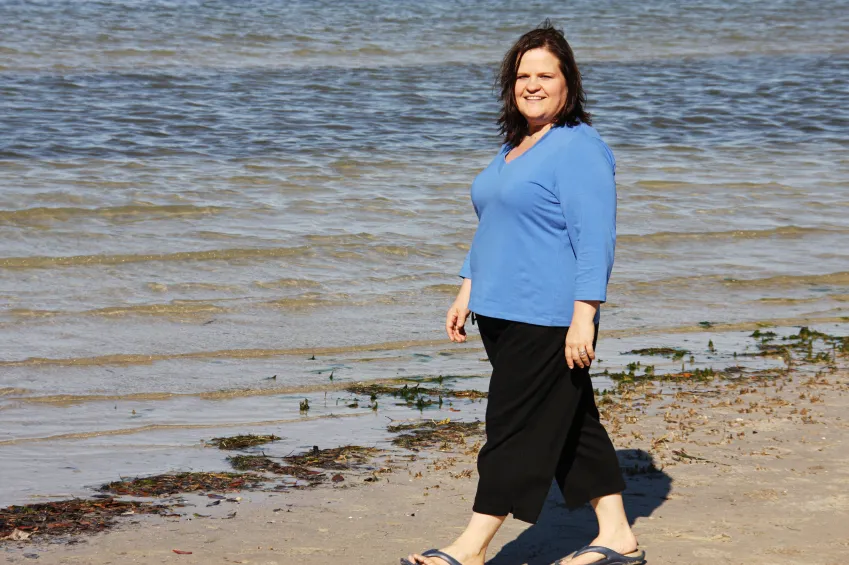
Aging With Grace
My office practice is old-fashioned, no nurse helping me, so I personally handle any measurements that need to be made. Rather than weigh people, I measure their waist and compare it to their height. If your waist is at or under half your height, you are at a healthy place. (Two measurements I find useLESS include BMI – which penalizes you just as much for muscle as it does for fat – and the oft-stated goal of less than 35” for a woman’s waist. Really? Regardless of height?!)
“Well, now that I’m alive and fairly well at 65, I don’t need to worry about these love handles, do I? Fearing a few extra pounds should be reserved for the vanity of youth!” As Ellen watched me measure her waist, I admired her cheerfulness, but had to question her conclusion.
What do you think, is she wise or in denial?
Actually, we haven’t been clear about our answer before now. It turns out there are two distinct “misunderstandings” at work in Ellen’s wishful . First, it turns out that there are indeed serious health consequences of older women carrying extra weight, something which hasn’t been actually studied before now. Secondly, we as a society have become a little “numb” to the sight of overweight, and perhaps have allowed overweight to be the new normal! I am all for the acceptance and self-acceptance of people at any weight, for themselves personally, but not their excess poundage. The average American is 23 pounds overweight and not sufficiently motivated to do anything about that!
So what about the Baby Boomers who have come to accept their extra pounds as normal or somehow acceptable? A recently released study in the Journal of the American Medical Association (and summarized in the NY Times here) investigated various degrees of adverse consequences correlated with excess weight as women aged to 85. Not surprisingly, the investigators found that both underweight and overweight women are at increased risk for premature death. But the study also looked at disease incidence and in this case found the risk increased among all categories of overweight and obese women.
What was most striking to me was the investigation of loss of mobility, where even the women termed “overweight”, not yet obese, suffered from 60% more mobility problems than normal weight women. Again not surprisingly, those rates skyrocketed to over 600% for the obese and markedly obese.
The good news and the takeaway: many women aged to 85 in good health and with good mobility, so you, too, can maintain your mobility and age gracefully. This study suggests that normalizing weight might be a crucial component to your plan. Follow sensible guidelines for re-sculpting those love handles into muscle and find an exercise, ideally with a buddy or a coach!, that you love doing.

